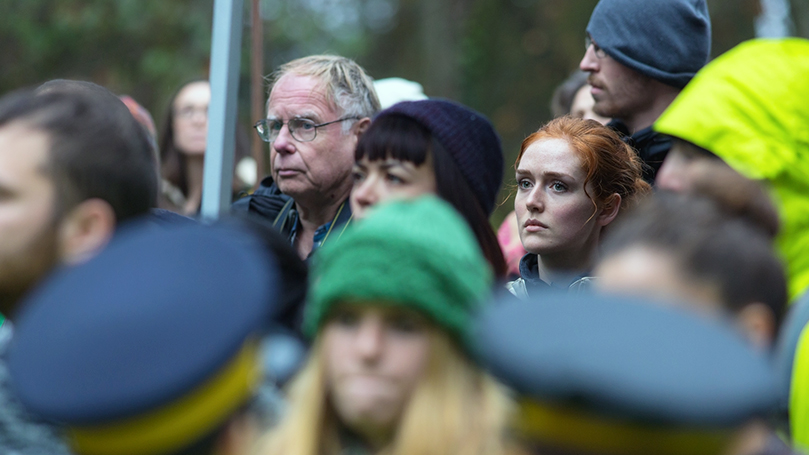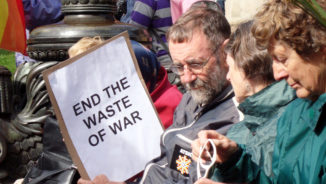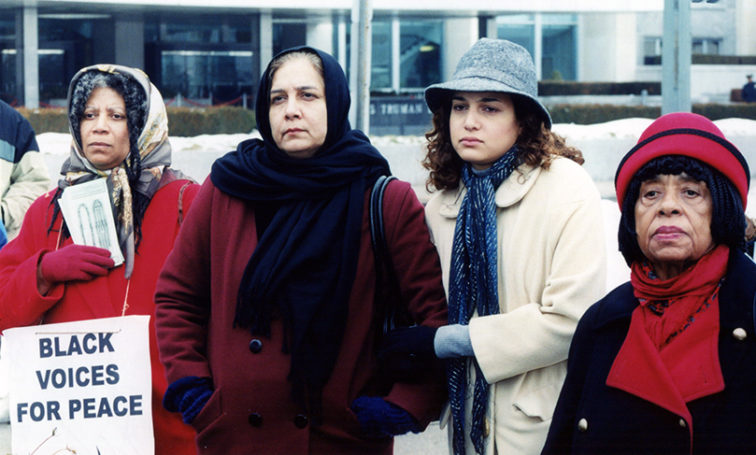
It’s been clear for some time that the world demands a public, working-class and people’s diplomacy aimed at a new international order, free of capitalist and military trade blocs that inherently breed tension and war: that’s one lesson that can be drawn from the now postponed summit between Trump and Putin.
Indeed, lost in the sound and fury surrounding the Helsinki Summit and the proposed D. C. meeting is the ongoing imperative for such summits. Although the world still doesn’t know what happened during the secret Trump-Putin meet – that does not lessen the need such exchanges: in fact it elevates it. There were real issues in Helsinki.
Let’s face it: the planet is in terrible danger. Need we count the ways?

Trump threatened recently to rain destruction on another country, this time on Iran with which his administration unceremoniously junked a nuclear weapons agreement.
Only a few weeks ago, a military standoff with North Korea seemed likely, with the potential for a nuclear conflagration.
Truth be told, it seems what was once deemed unthinkable is now being actively considered as an option by the occupants of the White House Situation Room.
If that weren’t enough, the nuclear danger is not the only existential crisis humanity faces. They either don’t believe global warming exists or don’t care, as proven by the U.S. withdrawal from the Paris Climate accord.
Framing these ominous developments are growing inter-imperialist rivalries, protectionism and the rise of extreme right governments and movements, both in the U.S. and the countries of the European Union, and between the U.S. and Russia. The U.S. and NATO have given license to extreme right governments in Eastern Europe and and a fascist-tinged government in Ukraine.
Russia, too, is aiding and abetting right-wing forces in Europe and the U.S., Surrounded by NATO, they see supporting such elements as advancing their national interests due to their anti-NATO and anti-EU positions, a dangerous and irresponsible game.
Our country is led by the most dangerous political party in history and a resident at 1600 Pennsylvania Avenue who uses white supremacy as his central organizing tool and who aligns himself with neo-fascists. Trump is waging a sustained assault on democracy at home and abroad.
Trump, since gaining office, has greatly escalated world tensions and stepped up military intervention. Under the guise of the “war on terror,” drone strikes have doubled and the number of civilian deaths has skyrocketed by some 200 percent. Covert intervention has been stepped up in Venezuela, Nicaragua and the Middle East, with prospects for a Israel-Palestine peace accord between nil and next to none.
Trump and the ruling class elements behind his administration have set themselves the task of rearranging the international order: this more than anything else is behind their Group of 7 and NATO disruptions.
The administration’s goals are no more benign with respect to the recent meetings with Kim Jung-un and Vladimir Putin. Let’s be clear, the Korea summit was held largely at the initiative of South Korea. And despite the two Koreas agreeing to an historic “end of war,” the summit’s results remain in doubt because of Trump’s brinkmanship.
Make no mistake: with Trump there is no peace presidency
And consider this: the meeting with Putin may have had a hidden target: isolating China and reversing its growing international influence.
Make no mistake: with Trump there is no peace presidency.

Yet, even in these circumstances, indeed because of them, talks, negotiations, and summits are necessary, including dialogue between Trump and Putin. Calls to cancel the summit are misguided. So too are dismissals of the problems at work in Helsinki and rejection of concerns about these problems as simply the consequence of deep state conspiracies.
Once talks begin, processes are set in motion that open up possibilities that would otherwise be closed, possibilities that are sometimes independent of the parties’ respective intentions.
Why? Because other state actors, interest groups, and international institutions, along with business, government, labor, and civil society become involved. And therein lies the future.
Movements like the Sao Paulo Forum and the World Social Forums have been important steps in this direction.
International cooperation is needed now more than ever. This must include elevating the role of the United Nations which has largely been pushed to the sidelines.
Needless to say such cooperation must include signing on to the Paris Climate Accord.
The crisis in the U.S. demands that the people’s protest and peace movements be stepped up
And last but not least, the urgency of the crisis in the U.S. demands that the people’s protest and peace movements be stepped up. A march on Washington and state capitals around the country demanding action around issues like separating children from their parents, the Supreme Court, right-to-work and yes, peace, are in order.
The coming Washington summit must be free of secret meetings. This is particularly important in light of alleged Putin-Trump financial shenanigans.
The summit should include a public townhall meeting where issues of concern are debated, including interventions in the internal affairs of other nations.
If the summit reaches an agreement for renewing the Strategic Arms Reduction Treaty, that would be a positive development.
In the U.S., all signs point to a massive people’s march to the ballot box. Whether or not the next summit will produce positive results is unclear. What is clear is that is that it’s up to the American people to keep the pressure on.
Image: Creative Commons 3.0
Image: Creative Commons 3.o
Image: Creative Commons 3.0
Editor’s Note. This article was updated with a new title.


 Join Now
Join Now